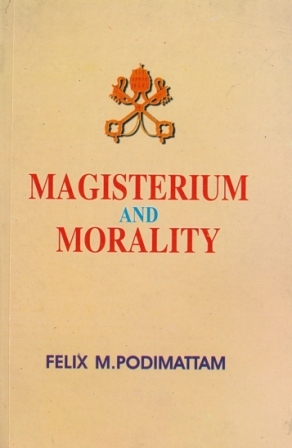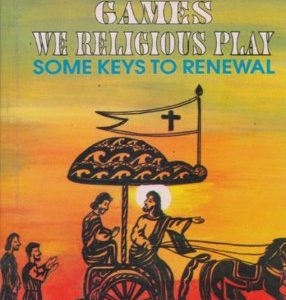Description
Magisterium and Morality
Some problems with regard to the exercise of authority in the Church, which had become highlighted after the “opening of windows” of Vatican II, are discussed in this book in a masterful way. Fr. Podimattam begins by exploring the nature of papal primacy and its limits. He then analyses the hierarchy of truths that can be seen in the Christian message: “ecumenically speaking, the hierarchy of truths invites one to consider truth as a means of unification rather than division and separation. Tt asks whether it might not be possible to reverse an age-old tendency whereby gains in truth are achieved at the price of division within the Church. Can one think of truth in such a way that it unifies diverse perspectives without reducing them to uniformity?”
Then the discussion shifts to the magisterium of the bishops as the sharing of the supreme power of the Church, and its limitations. This authority they receive not from the pope but from the Holy Spirit by virtue of their ordination and as bishops.
Next is taken up the magisterium of the theologians, their academic freedom, and their relationship with the hierarchical magisterium. “Both the hierarchical magisterium and that of the theologians share a common pastoral and missionary responsibility towards the world; they should show co-responsibility and cooperation without shirking personal responsibility”.
Finally the author deals in detail with the magisterium of the people of God. The “sense of the people” (arising from the faith experience of the People of God) is the basis of the papal infallibility. “The whole people of God and not merely the hierarchy share in Christ’s prophetic voice”.
Felix Podimattam OFM Cap. is professor of moral theology at St. Francis Theological College, Kottayam, Kerala. He received his Doctor of Theology degree from the Alphonsian Academy, f T^W y-» Rome and wrote his dissertation under the direction
of Bernard Haring. He also has an M.A. in Political Science from the Mysore University and an M.A. in Systematic Theology from the Gregorian University, Rome, besides postdoctoral studies in Washington, DC, U.S.A. He has authored more than 45 books on contemporary moral theology and spiritual theology and contributed articles to various theological journals in India and abroad. He belongs to the Association of Moral Theologians of India, as whose President he served for eight years.




Reviews
There are no reviews yet.